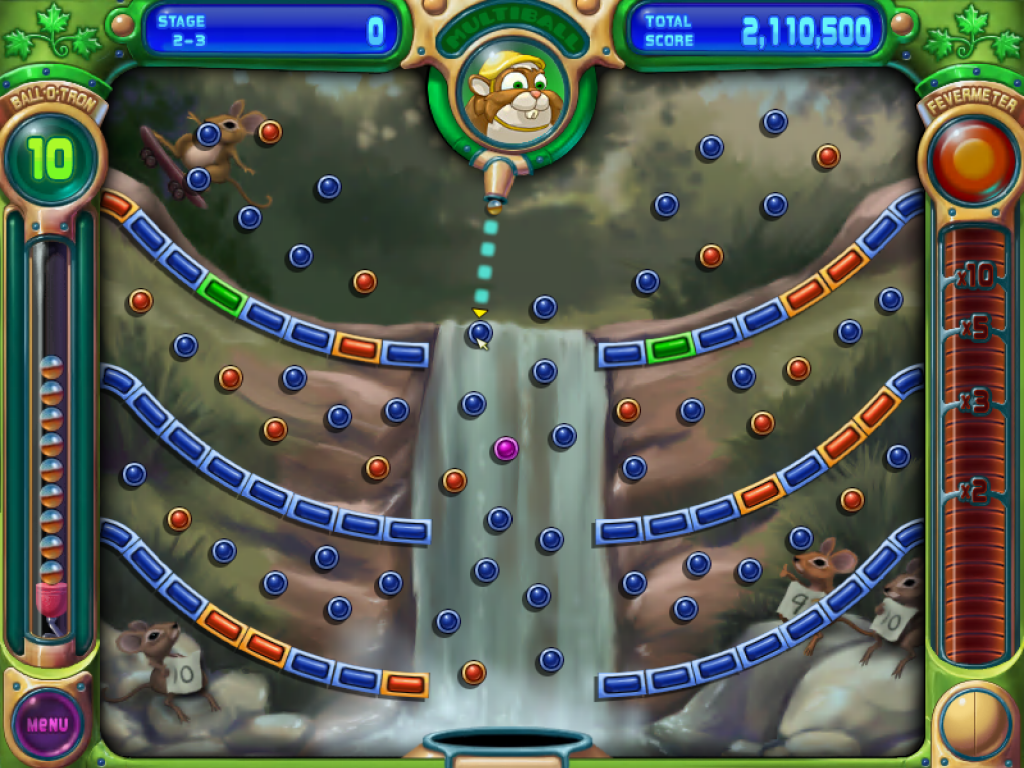I knew it would be best to write this post today, after viewing a film which my tutor, Len, had suggested – The War Zone, directed by Tim Roth and based on the book of the same name by Alexander Stuart.
Firstly, we identify different groups of gamer; discussing casual, core, hardcore, pro, newbie and retro gamers. While I agree with the definitions I often see people as a mix of multiple groups. I know putting people into boxes make it easier to discuss them but in video games, as in life, people are not simply defined by their interests.
We were then asked to define three words in the context of video games; cerebral, empathetic and entertainment. We were given the task of producing examples, from any form of art or entertainment, which have strong elements of the three. Here is an excerpt of my work;
“Games often use empathy much in the same way as books, T.V. or film; to improve the story and give the consumer an emotional attachment to characters or the worlds they portray. Some developers, such as Quantic Dream, headed by David Cage; are often heard talking about how emotions are the most important thing in their games. While you can argue that Quantic Dreams games themselves are thin on gameplay and heavy on dialogue, I think that there are definitely good reasons to make a video-game in this way.”
“Audiences are familiar with books, T.V. and film; even if they aren’t a heavy consumer of any of those, they can identify and give more attention to a video-game which unfolds in a familiar way; like a crime thriller, such as Heavy Rain. The problem with using theatrical devices – which work well when you want to tell a story or develop a character – is a lot of people may just skip over these scenes. They just like to follow an objective marker and may not be convinced by the digital actor on screen; they may not be able to relate to it no matter now realistic it becomes.”
I enjoyed the final task of the day, when we were asked to load up a game, any game, play it and break it down; so we can have a guess at why it was made. I looked at a personal favourite I had at hand, Peggle on the iOS platform. Here is a little of what I wrote:
“Peggle is a casual game which reminds me of pachinko machines – which are popular in Japan – but with added gameplay elements which allow you to influence the outcome of the game through skilful use of magical avatars. Its appeal is wide because it uses animal themed cartoony artwork and sounds reminiscent of an arcade machine.”

“The game celebrates success often, possibly using hooks from game theory to keep the player absorbed in the activity. It has a thin thread of context and only really explains the different playable characters abilities. There is no real story or character development going on and this means the user can focus on the gameplay itself, which is quite cerebral once you progress through the learning curve.”
“The game was released during a time when digital distribution was just becoming mainstream, before the flood of mobile games and before the free-to-play microtransaction model became popular. The game followed on from other successful puzzle games produced by the developer, Popcap Games. It was possibly made because the studio was familiar and successful with producing puzzle games, like Bejewelled, and was looking to build upon their reputation as a developer focused on fun and entertainment for a relatively wide audience.”
I still feel I’m doing well on my assignments, besides missing lessons recently. I’m going to keep working hard and hopefully, I can surprise a few people. Myself included.

